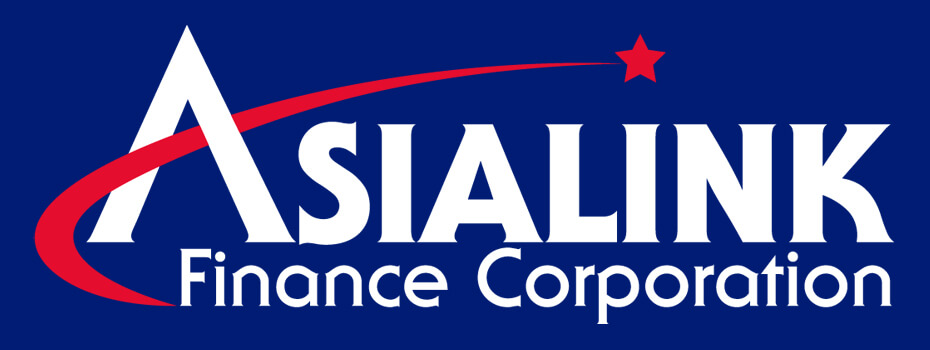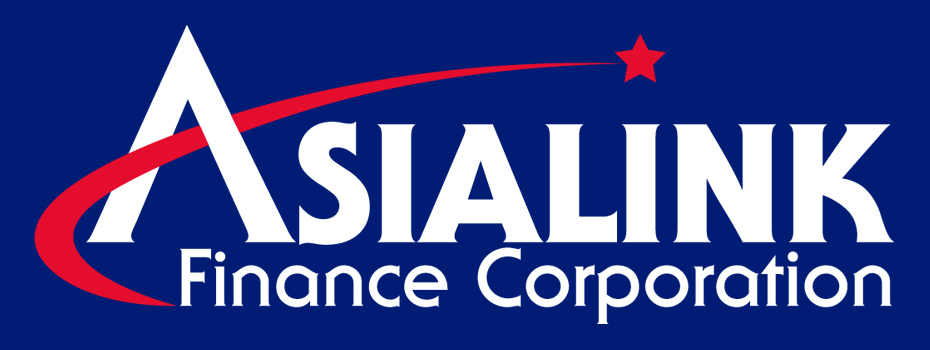When planning for a significant milestone, like purchasing a car or house or establishing a business, applying for a loan is a viable option.
However, if you’re a first-time borrower, there may be loan terms you’re not unfamiliar with, leaving you lost and confused when comparing lenders for the best possible terms.
Not to worry, as this article will discuss crucial loan terminology you should know when applying for one.
10 Important Loan Terms and Definitions
In navigating the world of loans, you must familiarize yourself with essential loan terms and definitions to make well-informed decisions.
1. Principal
The principal refers to the amount of money you borrow from a lender. If you borrow ₱10,000 from a bank or financial institution, the loan principal is ₱10,000.
2. Interest
The cost of borrowing money from a lender is called an interest. Typically expressed as a percentage of the principal, interest is added to the loan. Using the same example above, borrowing ₱10,000 with an interest of 10% will require you to repay ₱1,000 in interest.
3. Annual percentage rate (APR)
If you want concrete insight regarding your loan payments, the APR provides a more comprehensive explanation. APR is the total yearly cost of borrowing from a lender, including the interest and additional fees or charges, such as closing costs. A loan of ₱2,000 at a 5% interest rate over two years will cost you ₱200 in closing administrative costs.

4. Term
Loan term refers to the repayment period during which you must fully settle your outstanding debts. Terms may cover months or years, depending on your negotiations with the lender.
5. Grace period
The grace period refers to when you don’t need to pay money toward the loan without incurring any penalties for not paying. However, the lender still collects interest during this time.
6. Deferment
Deferment refers to a temporary postponement or suspension period of loan payments. It occurs when you face specific circumstances that make it challenging to make loan payments. You don’t need to pay your dues during this time, as your lender may put your loan on hold.
Unlike grace periods, which are usually part of the loan terms, deferments often require you to submit an application that the lender can approve or deny.
7. Default
Default occurs when you fail to meet the loan terms, like missing payments or violating other conditions outlined in your agreement. It’s in your best interest to avoid defaulting on payments at all costs to prevent severe consequences like hurting your credit score or facing legal action from your lender.

8. Collateral
Collateral is a tangible asset you pledge to a borrower to secure a loan. It is a form of security for the lender if you don’t pay your outstanding dues.
If you default on a collateral-secured loan, the lender can seize your asset to recover losses. Common examples include real estate, vehicles, or valuable personal possessions.
9. Prepayment
Prepayment refers to making additional payments on a loan before your scheduled due date. This process can help you save on interest payments and reduce loan duration. A good example is making prepayments to a five-year loan to bring it down to a shorter four-year repayment period.
10. Refinancing
Refinancing involves paying an existing loan using another loan, typically with better terms, like lower interest rates or monthly payments. The method allows you to save money or adjust the loan structure to suit your needs better.
It works best when you have a high-interest rate on your loan. You may refinance to obtain a lower rate and reduce your monthly payments.
The Importance of Knowing Loan Lingo
Loans are a potential source of cash. Unfortunately, understanding the language used in taking out a loan can be difficult, especially if it’s your first application.
Knowing loan terms and definitions can increase your chances of getting a favorable loan to fund your expenses or emergencies.
If you’re looking for a financing company, consider choosing Asialink Finance Corporation. One of the Philippines’ premier online financing companies, we provide quality financing and loan products to empower Filipinos to pursue their dreams.
Explore our website to learn about our loan products!






